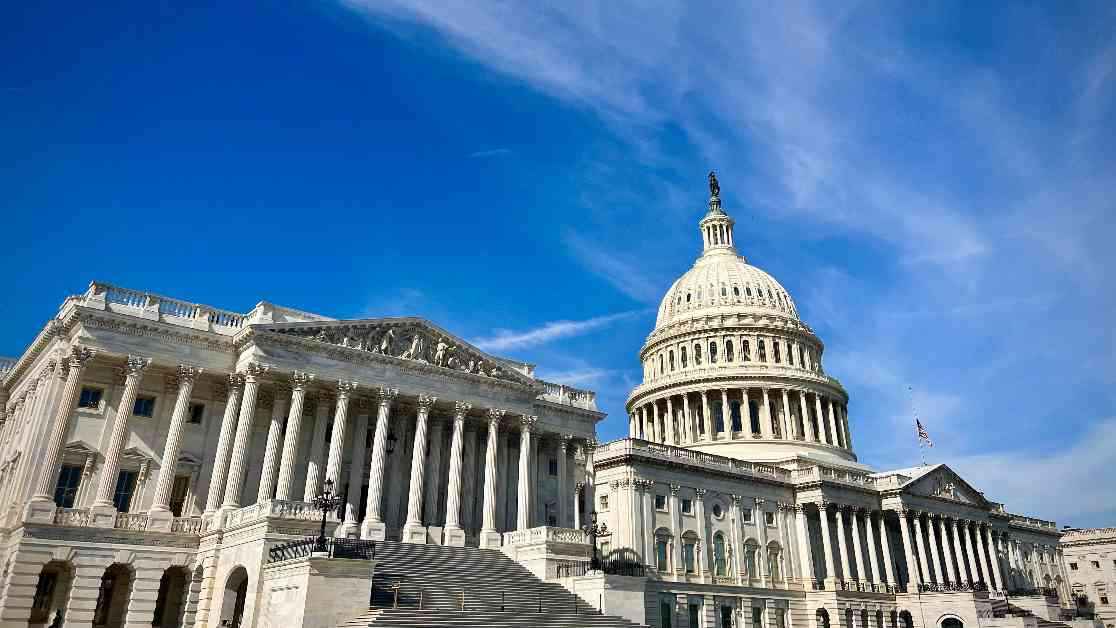In a momentous turn of events on Capitol Hill, the U.S. Senate successfully passed a resolution aimed at abolishing the IRS’ controversial cryptocurrency broker rule, signaling a significant victory for proponents of digital assets. The resolution, which focuses on eliminating the IRS’ inclusion of decentralized finance (DeFi) in its broker rule, garnered substantial support from Democrats despite internal divisions, setting the stage for a crucial decision in the House of Representatives.
The Senate’s resounding 70-27 vote in favor of the resolution, authorized under the Congressional Review Act, effectively paves the way for the eradication of the IRS’ overreaching broker rule. This pivotal development not only seeks to remove the rule from existence but also serves as a preventive measure against similar policies in the future, shielding software developers from undue regulatory burden.
Senator Ted Cruz, the driving force behind the resolution, passionately argued against the intrusive nature of the IRS rule on the Senate floor, condemning it as a misguided attempt at federal control. Cruz emphasized the incongruity of targeting software developers as brokers, highlighting the fundamental principle that their technology does not involve holding or controlling user funds, making the rule illogical and unjust.
The noteworthy bipartisan support witnessed in the Senate underscores a growing consensus on the importance of digital assets within legislative circles, mirroring previous successful initiatives to repeal restrictive regulations. This unity across party lines bodes well for forthcoming legislative endeavors aimed at establishing comprehensive regulatory frameworks for stablecoins and market structures, ushering cryptocurrencies into the realm of federal oversight.
Echoing the sentiments of many cryptocurrency advocates, the DeFi Education Fund hailed the Senate’s decision as a significant milestone in the ongoing quest for regulatory clarity in the United States. The move not only signifies a step towards fostering innovation and growth in the digital asset space but also reflects a broader shift in attitudes towards embracing the potential of blockchain technology.
As the resolution now awaits consideration in the House of Representatives, where an approval is anticipated following the positive reception in the Financial Services Committee, all eyes turn to President Donald Trump for the final seal of approval. With indications from the White House pointing towards swift action, the imminent fate of the IRS crypto broker rule hangs in the balance, poised for a definitive resolution that could shape the future of cryptocurrency regulation in the country.
In the midst of this legislative showdown, the collaborative efforts of lawmakers from both parties underscore a shared commitment to fostering innovation and safeguarding the interests of the burgeoning digital asset industry. As the debate rages on in the hallowed halls of Congress, the outcome of this pivotal decision holds the key to unlocking a new era of financial freedom and technological advancement.




















